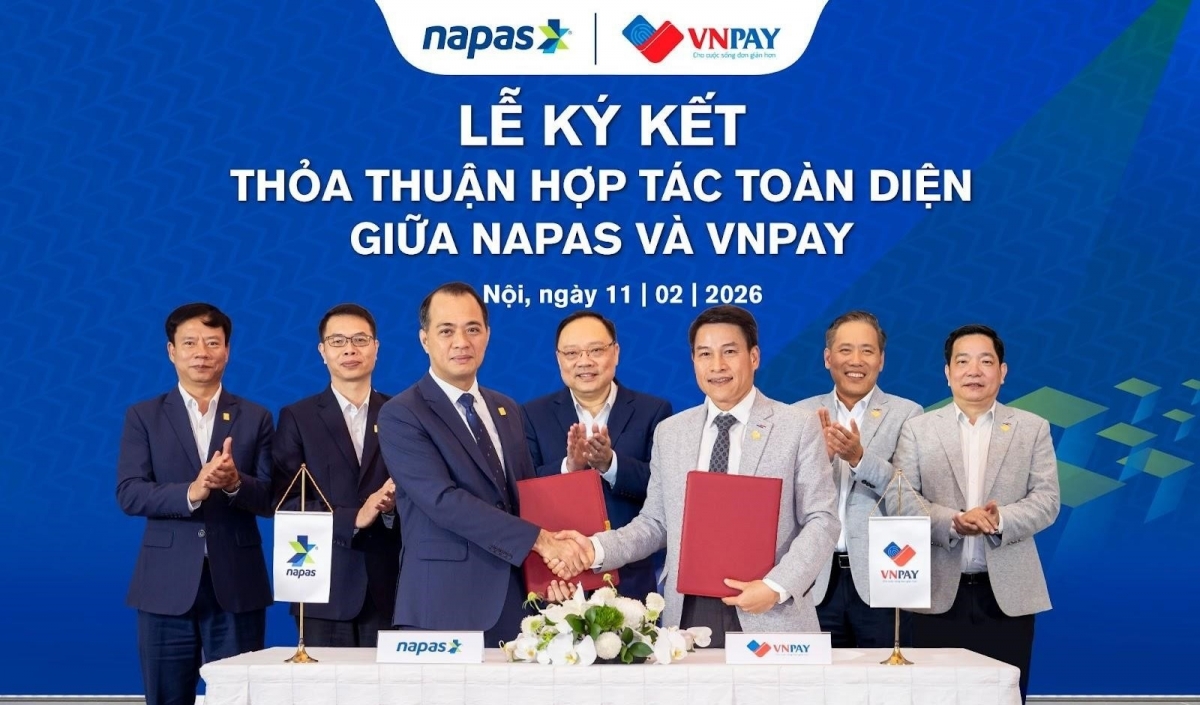INTERNATIONAL INVESTMENT
AND PORTAL
Many real estate companies and banks are mobilising capital from foreign funds in the context of the ongoing credit crunch in Vietnam.
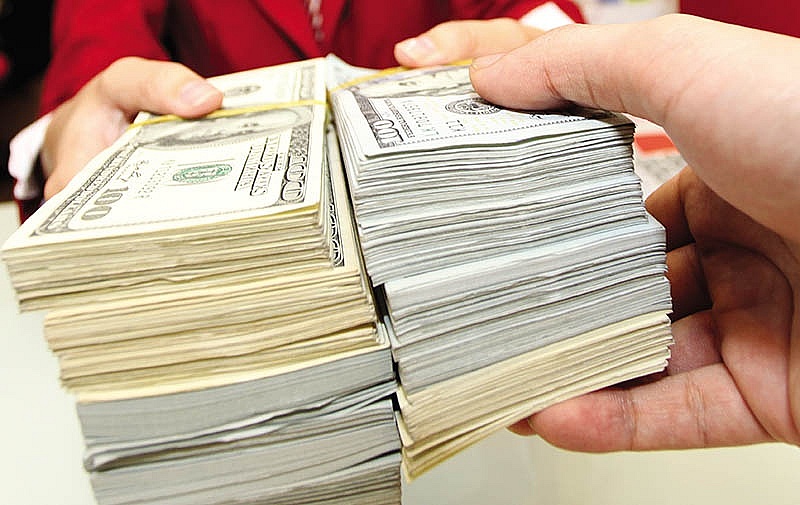
The Board of Directors of An Gia Real Estate Investment and Development Corporation has approved mobilising a short-term loan worth $10 million from The Shanghai Commercial & Saving Bank, Ltd. – Offshore Banking Branch.
Lending from banks is limited due to the State Bank of Vietnam's cap on credit expansion to control inflation and the fact that bond issuance is becoming a tough proposition.
Another real estate company namely Novaland has plans to borrow $40 million from VietinBank Filiale Deutschland and Maybank Labuan (Maybank’s branch in Malaysia).
Along with the real estate sector, many banks including VPBank, SeABank, and VIB are taking out international loans.
Notably, on November 11, VPBank inked a syndicated loan arrangement worth $500 million with five prominent financial institutions, including the Asian Development Bank, Sumitomo Mitsui Banking Corporation, Japan International Cooperation Agency, ANZ Bank, and Maybank Securities Pte. Ltd. – a member of Maybank Investment Banking Group.
VPBank plans to use this loan to finance small- and medium-sized enterprises and businesses led by women in the country.
In the same month, the US International Development Finance Corporation (DFC) approved issuing a loan worth $200 million to SeABank, making it the only financial institution in Vietnam to receive funding from DFC.
This loan will help SeABank improve its financial capacity to implement its proposed projects and reduce the gap between the financial needs of the market and the existing source of money in the economy.
Nguyen Hoang Bich Ngoc, head of the Institutional Analysis Department at Mirae Asset Vietnam Securities Co. also admitted that real estate businesses are finding it very difficult to access domestic capital sources.
According to experts, lending from banks is limited due to the State Bank of Vietnam's cap on credit expansion to control inflation and the fact that bond issuance is becoming a tough proposition.
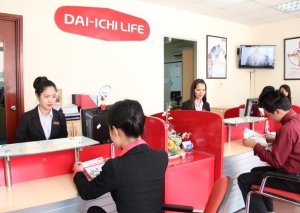 Insurance companies prohibited from trading real estate
Insurance companies prohibited from trading real estate
Insurance companies will not be permitted to invest in real estate starting January 1, 2023, as regulated in the revised Law on Insurance Business approved by the National Assembly on June 16.
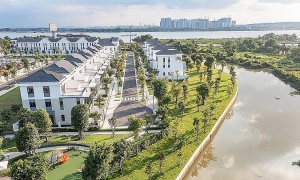 East-end real estate becomes increasingly sought after
East-end real estate becomes increasingly sought after
Townhouses in the Ho Chi Minh City market, especially in well-planned and completed riverside areas, are attracting buyers due to their limited supply.
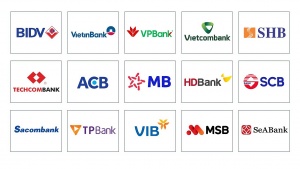 Which banks are in the top publicly listed companies in Vietnam in 2022?
Which banks are in the top publicly listed companies in Vietnam in 2022?
Seven commercial joint stock banks, namely Vietcombank, VietinBank, BIDV, VIB, ACB, MB, and TPBank, are among the top 50 listed companies in Vietnam.
 Golf course real estate setting trends
Golf course real estate setting trends
The openness in policies, the explosion in the number of golfers, and the trend of resorting and enjoying high-class services have created an impetus for golf real estate to develop rapidly and become an investment channel for the market.
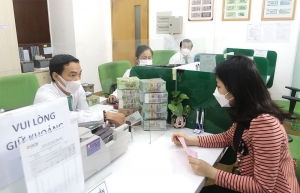 Loosened credit may not be enough for real estate capital
Loosened credit may not be enough for real estate capital
While the State Bank of Vietnam (SBV) has expanded credit limits for several banks, the stricter control of credit in areas like real estate may impact project liquidity in the sector.
By Ha Vy


